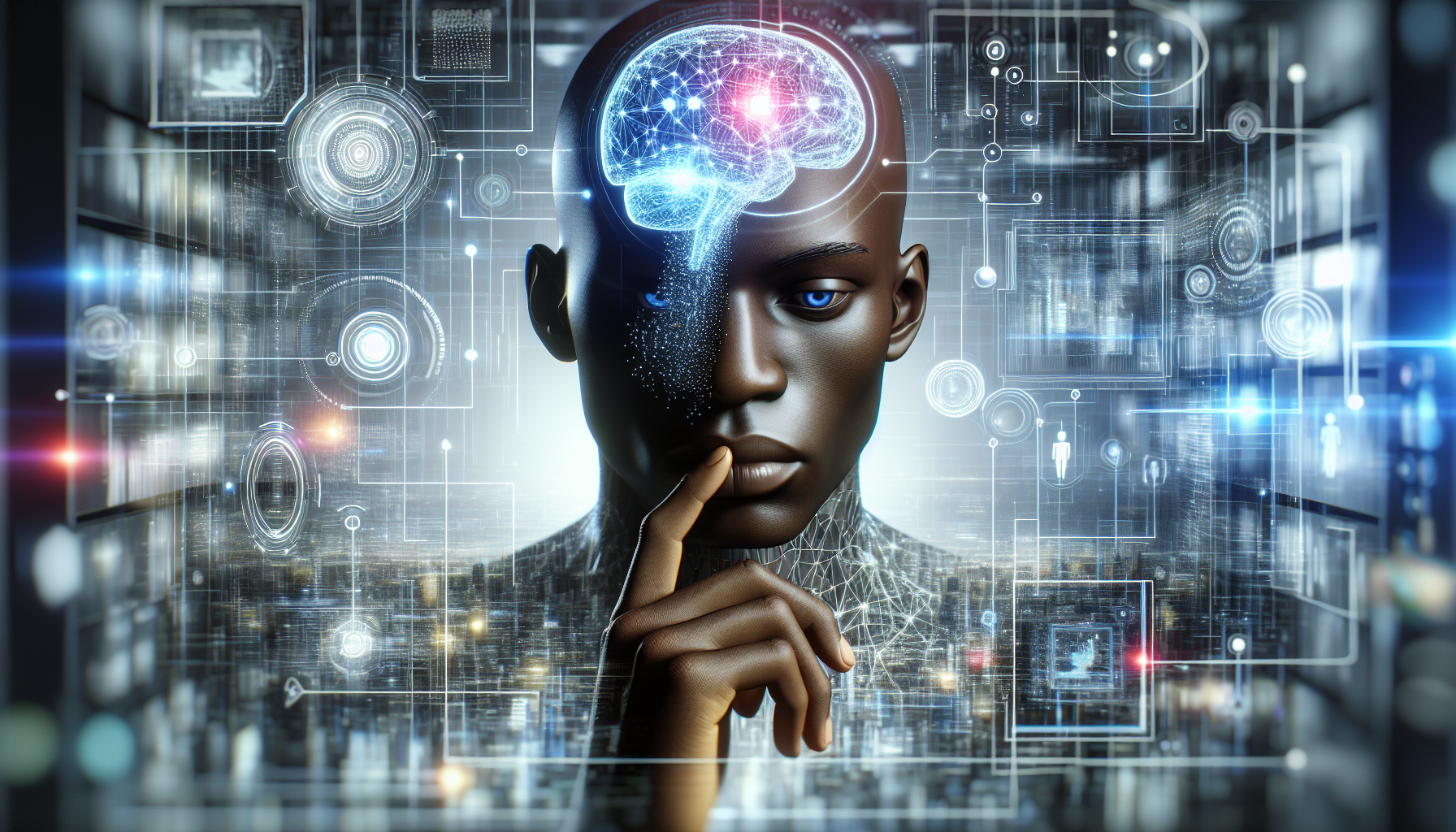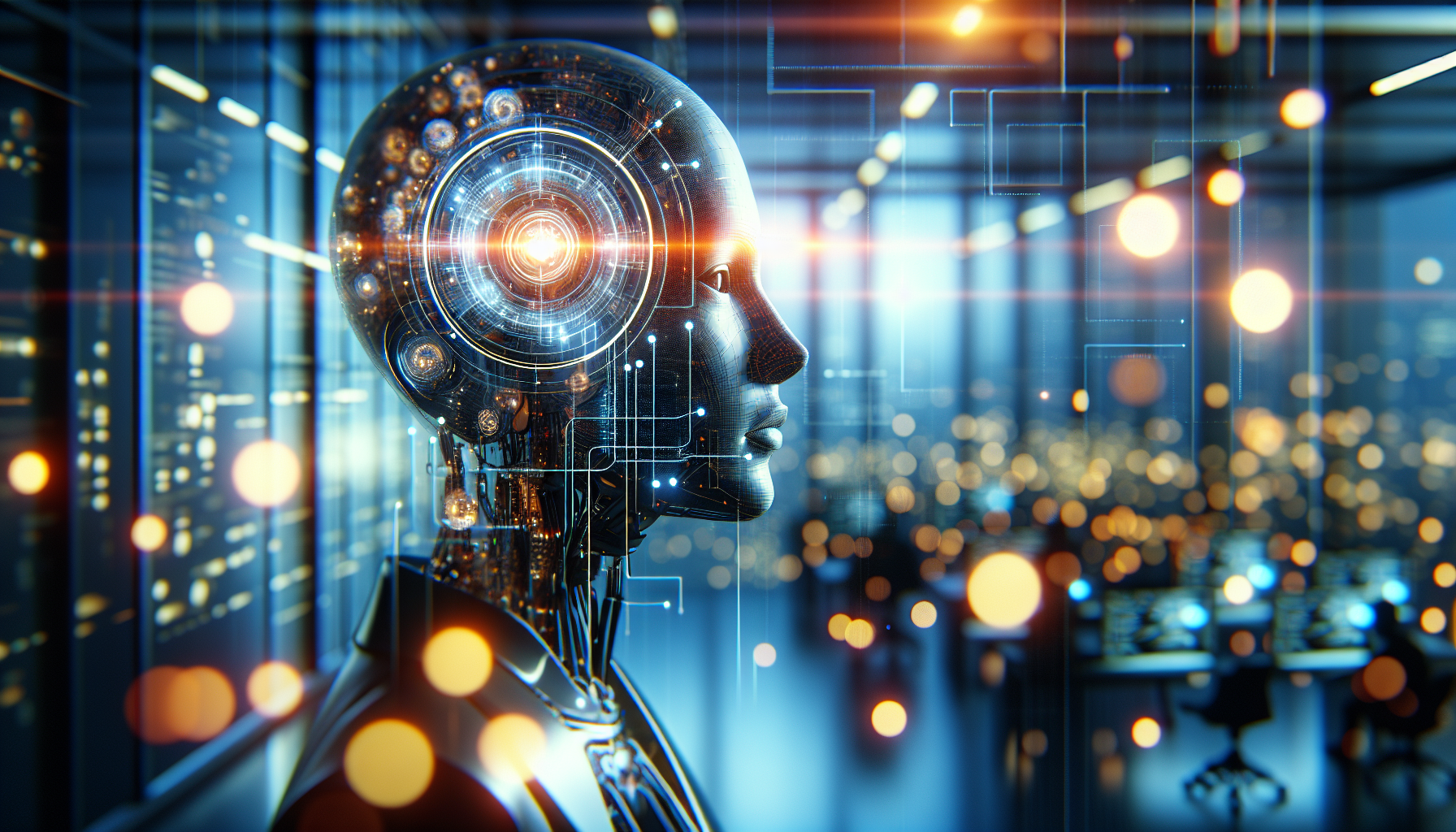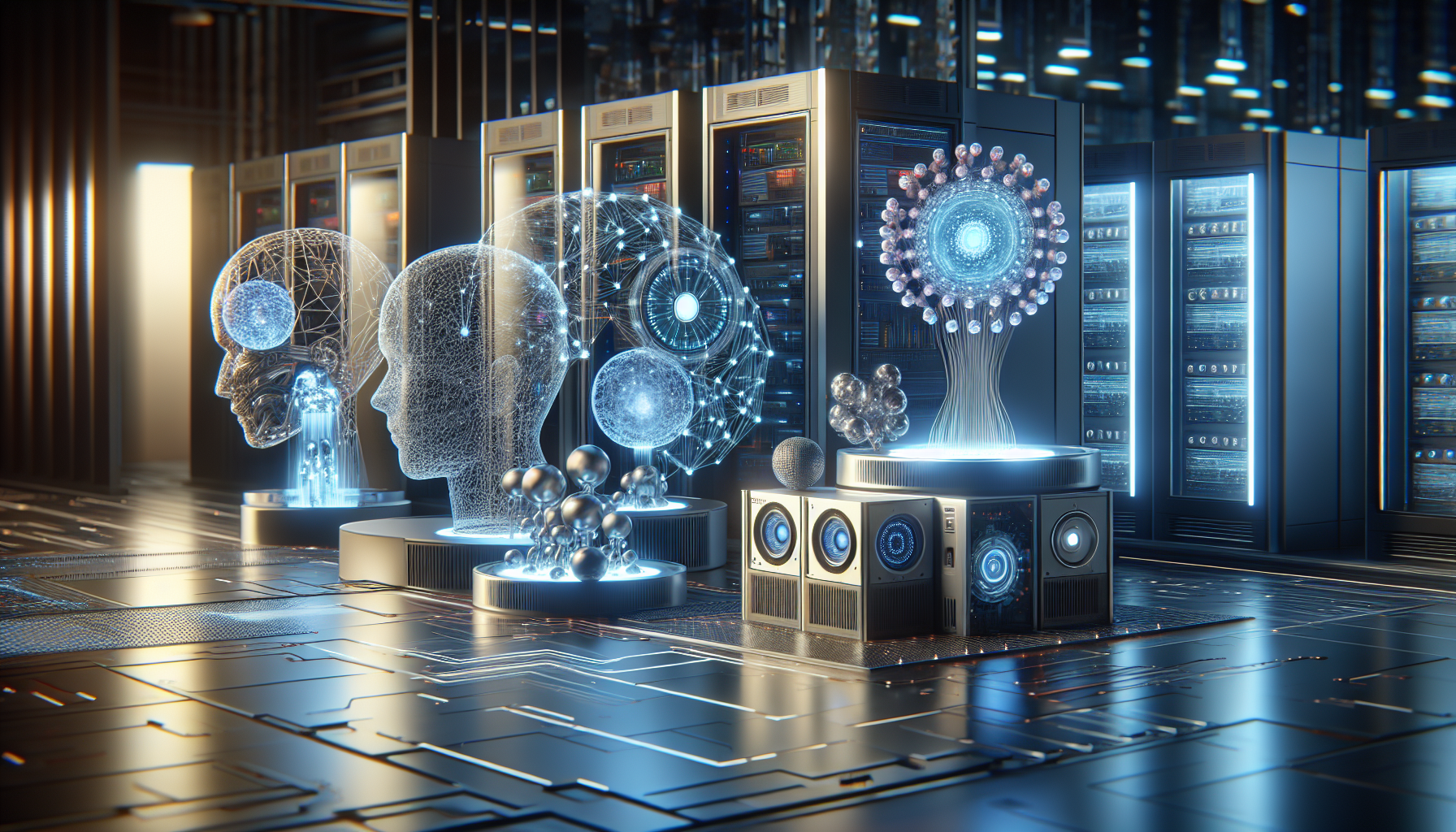
The Cosmos Awaits: How AI Can Propel Human Imagination Beyond the Stars
August 16, 2025
Space exploration has long captured the human imagination, urging us to look beyond our earthly confines and ponder the mysteries of the cosmos. Now, with the advent of artificial intelligence, the realms of possibility are expanding in ways we are only beginning to understand. As we stand on the brink of a new era in space exploration, AI promises not only to be an ally in our quest for knowledge but a catalyst for human creativity and ambition.
Imagine a future where AI systems operate autonomously on distant planets, conducting research and relaying data back to Earth, all while navigating the harsh and unpredictable conditions of outer space. These intelligent machines, equipped with decision-making capabilities, could surpass the limitations of human-led missions, offering a new paradigm in exploration. This is not a distant dream but an unfolding reality that could redefine our place in the universe.
One of the most inspiring aspects of AI in space exploration is its potential to democratize access to space. Traditionally, space missions have been the domain of well-funded government agencies and a handful of private enterprises. However, the integration of AI could lower costs and increase efficiency, making it feasible for smaller entities, including universities and startups, to participate in space missions. This democratization fosters a diverse range of perspectives and ideas, enriching the field with innovation and creativity.
AI's role in space is not solely about operational efficiency. It is also about enhancing human understanding. Machine learning algorithms can analyze vast amounts of data collected from space telescopes and satellites, uncovering patterns and insights that might elude human researchers. This capability can lead to breakthroughs in our understanding of phenomena such as dark matter or the formation of galaxies, pushing the boundaries of what we know about the universe.
Moreover, AI can simulate space environments, providing a virtual testing ground for new technologies and mission strategies. These simulations can help scientists and engineers refine their designs, anticipate challenges, and develop solutions before actual deployment. The ability to test scenarios in a virtual space reduces risks and increases the likelihood of mission success.
Beyond the technical and scientific benefits, AI in space exploration holds the promise of uniting humanity in a common quest. The challenges of exploring distant planets and understanding cosmic events are universal, transcending borders and cultures. By harnessing the power of AI, we have the opportunity to foster global cooperation and inspire a new generation of scientists, engineers, and dreamers. This collective pursuit of knowledge can serve as a beacon of hope, reminding us of our shared humanity and the limitless possibilities that lie beyond our current horizons.
As we chart the course for future missions, ethical considerations must guide our journey. The deployment of AI in space raises questions about autonomy, decision-making, and accountability. Ensuring that AI systems operate transparently and align with human values is crucial. By addressing these ethical challenges, we can build trust in AI technologies and ensure they serve the greater good.
The potential for AI to transform space exploration is boundless, yet it is not without its challenges. The complexity of developing AI systems capable of operating in the extreme conditions of space is immense. However, history has shown that human ingenuity thrives in the face of adversity. The very nature of exploration is to venture into the unknown, to confront uncertainty with courage and curiosity.
In contemplating the future of AI in space exploration, we are reminded of the power of human imagination. Our ability to envision and create technologies that extend our reach into the cosmos is a testament to our innate desire to explore, learn, and transcend. As AI systems become more integral to space missions, they will not only enhance our capabilities but also expand the boundaries of our imagination.
What if, in our quest to explore the stars, we discover more about ourselves and our potential than we ever imagined possible? The cosmos awaits, not as a distant frontier, but as an endless source of inspiration, urging us to dream bigger and reach further. In this grand adventure, AI is not merely a tool; it is a partner in the journey to explore the infinite possibilities of the universe.


